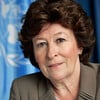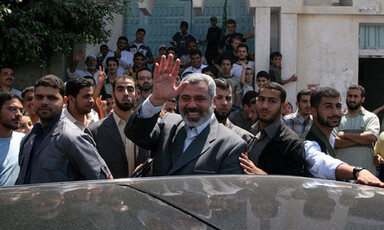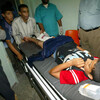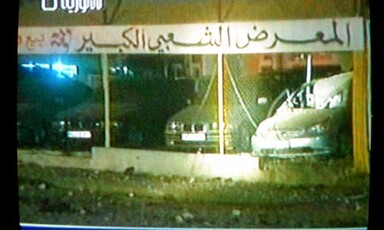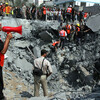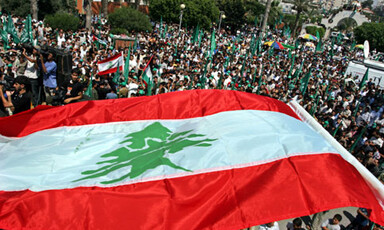
Palestine to Lebanon: So close, yet so far away
Ramallah, Palestine 14 July 2006
As I play back what I have seen and heard today in Ramallah, Tel Aviv-Jaffa, and Lebanon, and as I see the Israelis unaffected and showing no mercy for the immorality of their state’s action, I can’t help think about what all this means. Is it Lebanon’s fate to be the sacrifical lamb of the Middle East as the rest of the Arab leaders remain traitorous masters of rhetoric? In all honesty, Syria, Iran, Jordan and Egypt should open their fronts. But they won’t because they aren’t worth the dignity they claim as Arab. If anything good comes out of this it is that no one should ever question the Arab identity of Lebanon. Read more about Palestine to Lebanon: So close, yet so far away
